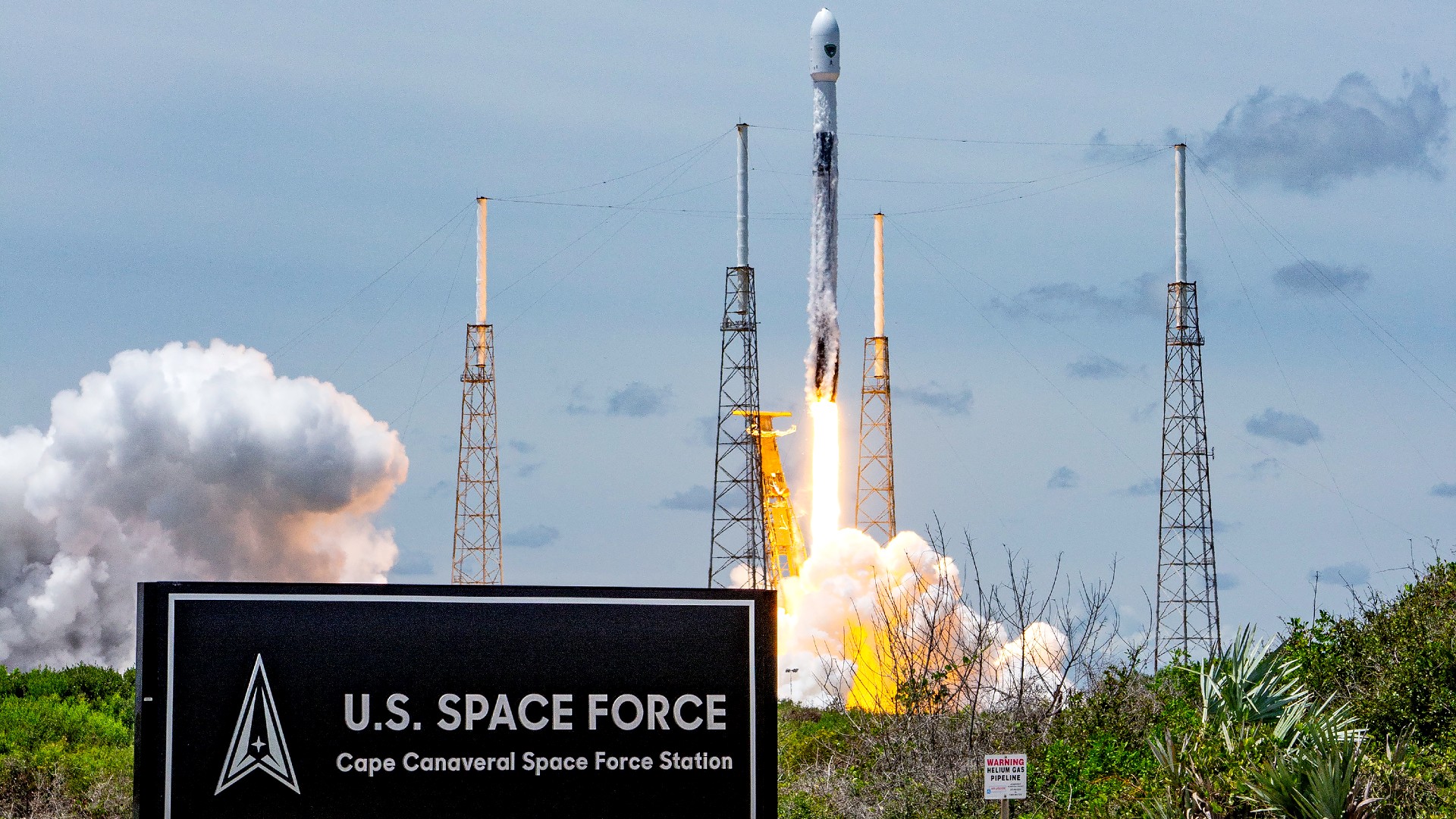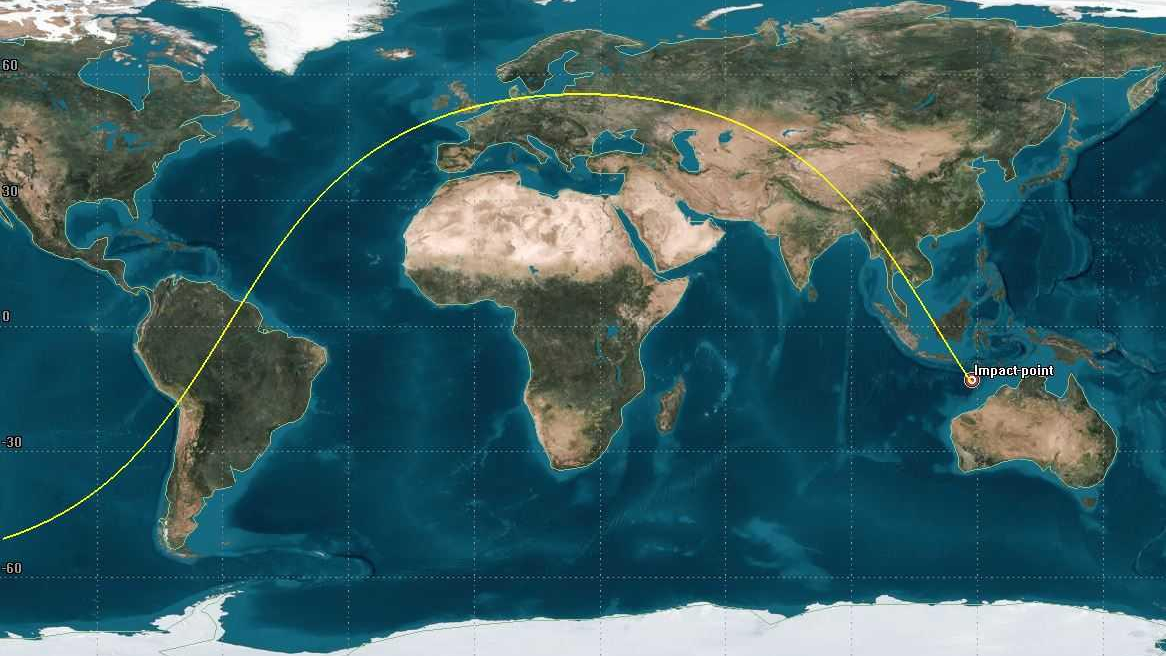War in space — the China challenge
The U.S. Space Force must invest in a balanced force capable of deterring and defending against aggressors in space, as the Chinese Communist Party is actively adapting and posing a threat to America's space capabilities.

Border security is national security, but America’s borders are more expansive than the Rio Grande, ocean coasts or the frontier with Canada. In today’s world, protecting our borders demands that we fully secure American interests in space. Achieving that goal demands investments to build a balanced Space Force capable of deterring aggressors and, if necessary, defeating them.
Whether they realize it or not, every American has a stake in how the Space Force performs and succeeds.
Our nation’s prosperity depends on assured use of space. Financial transactions, critical utilities like water and power, the navigation built into phones, broadband internet on the go, and many more key facets of daily life depend on satellites.
Nor can our nation be safe and secure without fail-safe access to space and the freedom to operate there. U.S. and allied militaries rely on space for communications, remote sensing, early detection of missile launches, weapons guidance and more. Space is the ultimate high ground and the stakes are immense.
Today’s U.S. Space Force was initially designed and resourced to “protect and defend” these critical space capabilities. In the five years since activation, America’s Space Force has delivered resilient satellite constellations that are hardened against attack, employed cutting edge technology from our defense industrial base like the X-37 spaceplane, and made prudent investments to avoid surprise from our adversaries. Those investments are paying off, but the Chinese Communist Party is already adapting. The threat they pose is real.
I watch outer space for a living. My job with the U.S. Space Force is to ensure we avoid surprise, and that work is only getting harder as space becomes more crowded and adversarial. Today, space is a war fighting domain because our adversaries have made it so. China’s leader, General Secretary Xi Jinping has made space a priority and his Chinese PLA aerospace force is actively conducting “confrontational training” that sends an unmistakable signal.
Last year, for example, China’s military practiced advanced tactical maneuvers that brought their satellites within a few meters of other Chinese satellites serving as targets. They repeated the maneuver with simultaneous passes on multiple targets. In 2021, the SJ-21 “orbital debris removal” vehicle grappled a defunct non-cooperative Chinese satellite and dragged it to a graveyard orbit. This is exactly the kind of technology needed to attack our satellites such as those monitoring severe weather, providing persistent communications, or warning of missile launches. These close proximity operations conducted with little transparency also risk collisions in the increasingly crowded space environment.
These operations demonstrate advanced orbital proficiency and are in addition to previously fielded ground-based missiles and lasers designed to attack satellites. We cannot ignore these developments for many reasons. History, for one, offers lessons. In the 1930s, Germany developed innovative blitzkrieg tactics to exploit cutting edge technologies like armored vehicles and warplanes to penetrate, overfly, and outmaneuver fixed fortifications. Imperial Japan perfected techniques to launch lightning carrier raids across the Pacific. Today we are watching the PLA develop the skills needed for offensive operations in the space domain.
America’s assured use of space is at risk unless we evolve from a reactive “protect and defend” posture to instead build a Space Force capable of maneuvering and fighting in space. Border fences may slow down an aggressor, but history shows that defenders need their own maneuver forces to deter attack in the first place, counterattack, and if necessary, take the fight to the enemy.
Peace through strength matters on Earth, and it also matters in space. The U.S. and especially the Space Force must meet this challenge — it's about deterrence. Just like our capabilities in the air, land, and sea, a strong presence in space discourages adversaries from attacking in the first place. We must protect our frontier in space with the same diligence and determination that we are directing to borders closer to home. This requires investment in a balanced Space Force capable of a full range of operations.
Maj. Gen. Gregory Gagnon is the Deputy Chief of Space Operations for Intelligence and serves as the Senior Intelligence Officer for the U.S. Space Force.










































































